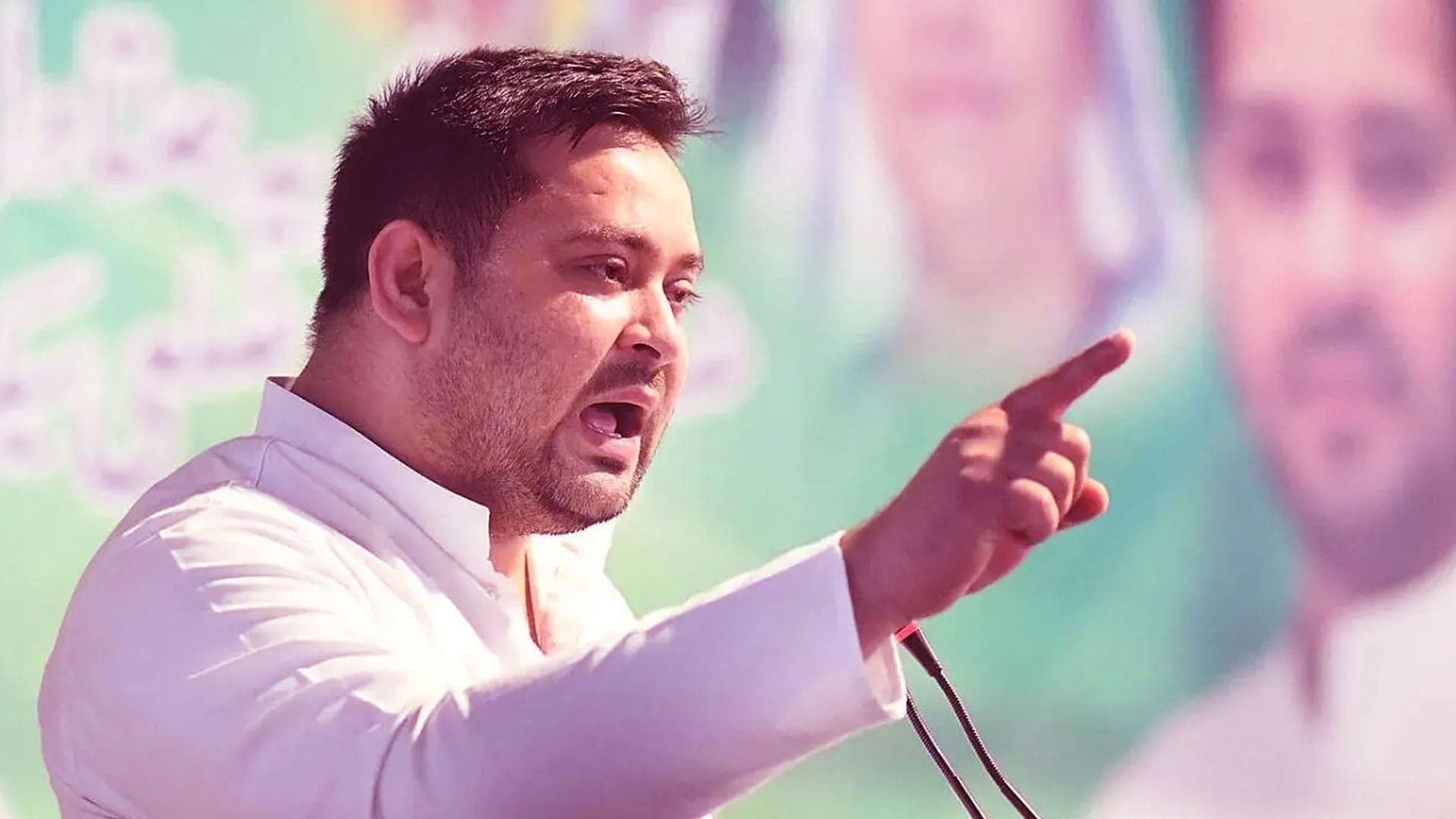
Yadav’s initial rejection of the Leader of the Opposition post followed the RJD’s collapse of seats from 75 in 2020 to just 25 in the 243-member assembly in 2025, leaving the alliance with 35 seats overall. Sources say he stated at a review meeting that he preferred to function as an ordinary member rather than shoulder the opposition leadership given the electoral setback. The refusal sparked alarm within the party, prompting Lalu Prasad Yadav to intervene and insist his son assume the post, which Yadav then did. The assembly formally elected him to lead the opposition shortly thereafter.
The leadership tug-of-war has intensified internal scrutiny. The electorate’s shift away from the RJD and its alliance was widely attributed to a combination of strategic missteps, electoral fatigue and shifting caste dynamics. Yadav’s pacifying of internal criticism does not appear to have quelled broader unhappiness within the party ranks. Some senior leaders believe the public refusal indicates a deeper sense of crisis within the party—including concerns about leadership credibility and organisational direction.
At the same time, the Yadav family feud has become unmissable. Lalu Prasad Yadav’s daughter Rohini Acharya announced she was quitting politics and disowning her family, alleging she was expelled by Tejashwi and close aides including Sanjay Yadav and Rameez Nemat Khan after the electoral debacle. Her departure has been accompanied by emotive social-media posts accusing Tejashwi of humiliating her, including an alleged showering of abuse during an assembly-review meeting. Party insiders report a heated exchange in which Yadav challenged her role in the defeat and allegedly threw a slipper across the room.
Those familiar with the party argue that the public airing of these family tensions weakens the RJD’s image as a stable vehicle for social-justice politics. Analysts note that the combination of a sharp electoral loss, leadership unease and now a familial rupture presents a major challenge for the RJD’s recovery prospects. Some regional commentators suggest that the fight for organisational control may now shift away from broad coalition-building and back into internal survival mode.
Yadav, aged 36, won his home seat of Raghopur and was once projected as the chief ministerial face for the alliance. His current role at the helm of the opposition emerges at a moment when the party must rebuild — but the optics of his hesitation signal vulnerability. Lalu Prasad Yadav, veteran leader and party founder, reportedly told MLAs in a closed session that the family matter would have to be “solved inside the house” but the party’s priority must remain performance on the ground.
